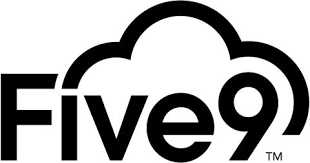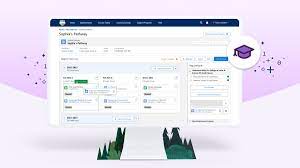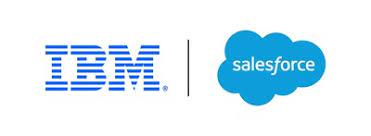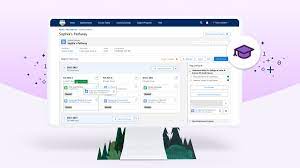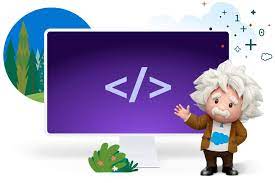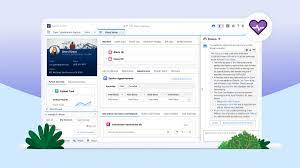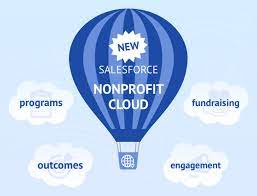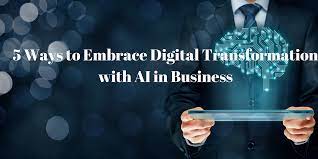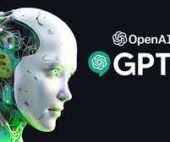Five9 Salesforce AI Integration
Five9 and Salesforce Enhance AI-Powered Solutions for Superior Customer Experiences Five9 (NASDAQ: FIVN), a provider of the Intelligent CX Platform, today announced the next step in its collaboration with Salesforce. Five9 Salesforce AI Integration. This partnership aims to deliver AI-powered solutions to enhance customer experiences (CX) in contact centers. The latest release, Five9 for Service Cloud Voice with Partner Telephony, integrates Salesforce Einstein with Five9’s suite of AI solutions. This empowers agents to better service customer requests, improves management’s understanding of contact center operations, and delivers customer resolutions that exceed expectations. Using Five9’s open APIs and Five9 TranscriptStream, the Einstein AI engine identifies opportunities to provide real-time solutions for agents, prompting ‘Next Best Action’ guidance. The solution also offers real-time transcription of customer conversations, ensures call recordings’ accuracy and relevance, and integrates with Salesforce Einstein Conversation Insights to enhance conversation intelligence. “Five9 understands the power of elevating the customer experience through innovative technology and seamless integrations,” said Dan Burkland, President of Five9. “Our collaboration with Salesforce pushes the boundaries of what is possible. Infusing Einstein’s AI insights into the contact center and CRM eliminates repetitive tasks while guiding agents with the next best actions to help them be more effective.” A Long-Standing Partnership The Salesforce-Five9 collaboration, now over 15 years strong, recently introduced Five9 call dispositions for agents within the Salesforce Omni-Channel widget or Voice Call page. This allows organizations to automatically update call dispositions in the Five9 call database, ensuring accurate reporting across the integration. Both companies are meeting the growing demand for AI solutions to enhance customer engagement throughout the customer journey. “Five9’s deeper integration with Salesforce Einstein offers a new level of choice for customers seeking AI capabilities that best match their contact center needs and existing technology investments,” said Sheila McGee-Smith, President & Principal Analyst at McGee-Smith Analytics. “Coupled with features like Five9 TranscriptStream, organizations can significantly reduce an agent’s workload while enhancing the customer’s overall experience. This next step in the Salesforce-Five9 relationship demonstrates each company’s commitment to their joint customer base, enabling them to leverage the latest AI innovations easily.” “Service Cloud Voice with Five9 uses AI to deliver a better customer experience,” said Ryan Nichols, Chief Product Officer of Service Cloud, Salesforce. “Our collaboration focuses on more than just a ‘single pane of glass’– we’re bringing together customer data, knowledge, and real-time conversation transcripts to help make agents more productive and delight customers.” Availability and Further Information These new enhancements to Five9 for Service Cloud Voice with Partner Telephony will be available starting June 30. For a deeper look into the Five9 integration with Service Cloud Voice and to explore common use cases, register for the webinar “Unlock Efficiency with the Power of AI: Five9 and Salesforce Service Cloud Voice” on Tuesday, July 23. An on-demand playback of the December 2023 Five9 and Salesforce joint webinar is also available, covering topics such as using data for personalization, best practices for leveraging engagement data to improve experiences, and how companies can become more customer-centric. Salesforce, Einstein, and other related marks are trademarks of Salesforce, Inc. Like Related Posts Salesforce OEM AppExchange Expanding its reach beyond CRM, Salesforce.com has launched a new service called AppExchange OEM Edition, aimed at non-CRM service providers. Read more The Salesforce Story In Marc Benioff’s own words How did salesforce.com grow from a start up in a rented apartment into the world’s Read more Salesforce Jigsaw Salesforce.com, a prominent figure in cloud computing, has finalized a deal to acquire Jigsaw, a wiki-style business contact database, for Read more Service Cloud with AI-Driven Intelligence Salesforce Enhances Service Cloud with AI-Driven Intelligence Engine Data science and analytics are rapidly becoming standard features in enterprise applications, Read more

